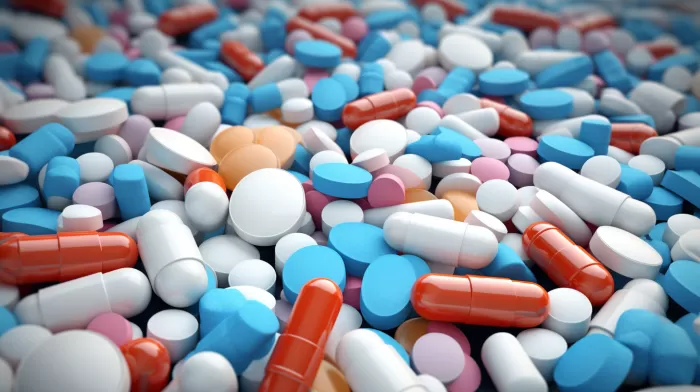It’s no secret that the pharmaceutical industry is big business, spending billions on TV and other advertisements to promote their drugs. What may come as a surprise, however, is the shocking amount of misinformation in those drug ads. A study by researchers at the Dartmouth Institute for Health Policy & Clinical Practice and the University of Wisconsin-Madison School of Pharmacy found that six out of ten claims made in these commercials are misleading, often leaving out important information or exaggerating its efficacy.
The Power of Advertising and Misleading Information
The influence of drug advertisements on consumers is significant. Drug companies spend an estimated $10,000 a minute, every minute of every day, on drug ads, totaling around $5 billion a year. These ads aim to convince us that our health problems can be solved quickly and effortlessly with the right pharmaceuticals.
For the study, researchers analyzed 168 TV advertisements for prescription and over-the-counter drugs aired between 2008 and 2010. They identified claims that were prominently highlighted in the ads and then classified those claims as being truthful, potentially misleading, or outright false.
The results were shocking: they found that 10 percent of the claims were blatantly false. The majority of claims were found to be potentially misleading, typically omitting important information, exaggerating the drug’s efficacy, providing opinions, or making meaningless associations with lifestyles.
The Dangers of Misleading Drug Ads
The consequences of misleading drug ads can cause harm to consumers in several ways. First, they can foster unrealistic expectations and false hope, leading some patients to choose a medication based on misleading information. This may deter them from pursuing alternative treatments, or it may cause them to ignore possible side effects.
Second, these advertisements may unduly influence the decisions of healthcare providers, who may feel pressured by patients and caregivers to prescribe specific medications based on what they’ve seen on TV. Subsequently, this can lead to an increase in pharmaceutical costs and an overreliance on medication instead of other effective and preventative healthcare measures.
Moreover, distrust can take root if people realize that the information they receive from drug commercials is often inaccurate or, worse, an outright lie, eroding their confidence in healthcare providers and the pharmaceutical industry as a whole.
The Need for Accurate and Reliable Information
“Healthcare consumers need unrestricted access to high-quality information about health,” says researcher Adrienne E. Faerber. Unfortunately, the misleading nature of many TV drug ads works against this important goal. These ads are not the reliable sources of information that patients and consumers need to make informed decisions about their health and healthcare.
If accurate information cannot be guaranteed by the pharmaceutical industry, the responsibility falls on patients, caregivers, and healthcare providers to educate themselves and verify the claims made in these ads. This may involve consulting reputable sources, conducting thorough research, and discussing options with healthcare professionals.
A Call for Greater Oversight and Regulation
Misleading drug ads are not a new issue, but the persistent prevalence of this problem signals that more needs to be done to address it. It’s evident that the industry requires more rigorous oversight and regulations to ensure that claims made in drug advertisements are accurate and supported by scientific evidence.
Increased transparency within the pharmaceutical industry could also play a role in addressing this issue. If drug companies and researchers are more forthcoming about their findings, methodologies, and conflicts of interest, the public will have access to the crucial information needed to make informed decisions about their health.
Ultimately, focusing on responsible advertising and prioritizing the dissemination of accurate information, along with increased regulatory oversight, will empower both the public and healthcare providers to make better-informed choices regarding medications and healthcare. This can result in a safer, more effective healthcare system that truly benefits us all.



